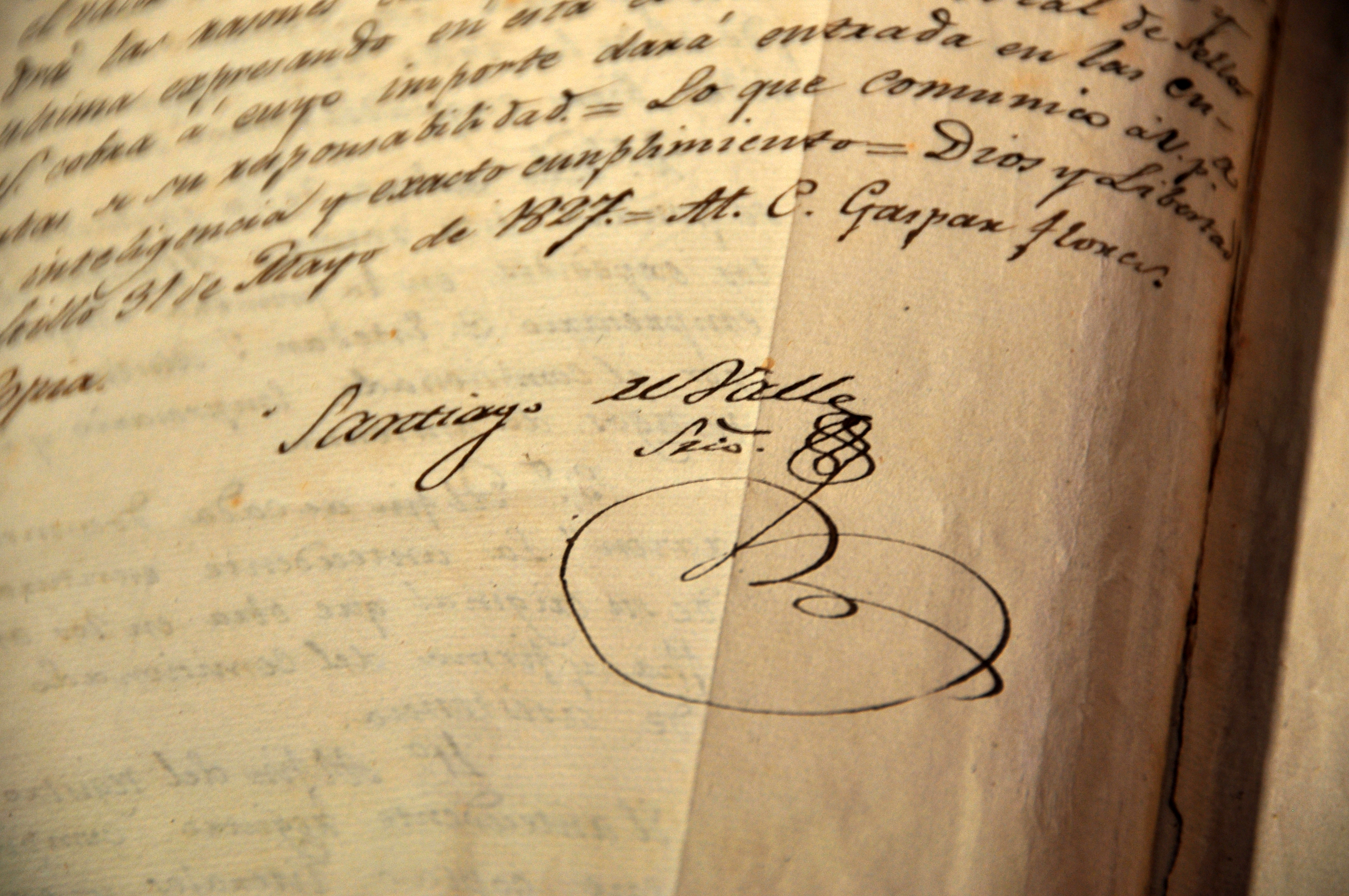Dudley H. Ward (1845-1864) Confederate soldier and prisoner of war, was born in 1845 in Austin, Texas. The Dudley Ward Papers, 1863-1864, contains correspondence and one parole certificate documenting Ward's experience as a Confederate soldier at the Seige of Vicksburg, in camps in Mississippi and Texas, and in Galveston during the yellow fever epidemic.
Dudley H. Ward (1845-1864) Confederate soldier and prisoner of war, was born in 1845 in Austin, Texas. His father was Colonel Thomas William "Peg Leg" Ward, an Irish immigrant who fought in the Texas Revolution, served as Mayor of Austin and as the second Land Commissioner of Texas, and for whom the county of Ward is named. From the ages of eleven to fifteen, Dudley H. Ward resided in New York City with his mother, Susan Marston Ward, and received an education before returning to Texas with his father in 1860.
Ward enlisted as a private in Company G, 2nd Texas Volunteer Infantry. He was captured at the siege of Vicksburg and held as a prisoner of war in the hands of the United States Forces. Ward was paroled July 7, 1863. He died in 1864 near Galveston during a yellow fever epidemic and was buried in what is known today as "Soldier’s Rest" in the City Cemetery in Galveston. The exact location was lost along with many others in the 1900 hurricane, though markers for Dudley H. Ward and various other Confederate soldiers stand today near the "Soldier’s Rest" location.
Sources
Peg Leg: The Improbable Life of a Texas Hero, Thomas William Ward, 1807-1872.
Humphrey, David C., Denton, Texas: Texas State Historical Association, 2009.
Dudley Ward Papers, 1863-1864, Archives & Records, Texas General Land Office.
The Dudley Ward Papers, 1863-1864, contains correspondence and one parole certificate documenting Ward's experience as a Confederate soldier at the Seige of Vicksburg, in camps in Mississippi and Texas, and in Galveston during the yellow fever epidemic. All but two of the letters are from Dudley Ward to his father Thomas W. Ward from army camps near Vicksburg, Mississippi, and near Galveston, Texas. One letter is from Dudley Ward to his brother James Ward, from a camp near Vickburg, and one letter is from friend and fellow-soldier J. S. Atchinson to Dudley Ward, from Camp Lubbock near Houston, Texas. The parole certificate is for Dudley Ward, from Vicksburg, Mississippi.
The letters are arranged chronologically.
Dudley H. Ward Civil War Letters (DW). Archives and Records Program, Texas General Land Office, Austin.
Unrestricted access.
Materials may be under copyright protection. US copyright law does allow for reproduction of materials under copyright for uses such as critique, criticism, news reporting, teaching (including multiple copies for classroom use), scholarship, or research. The researcher has full responsibility for determining copyright status, locating copyright holders, and abiding by current copyright laws when publishing or displaying copies of Special Collections material in print or electronic form.








